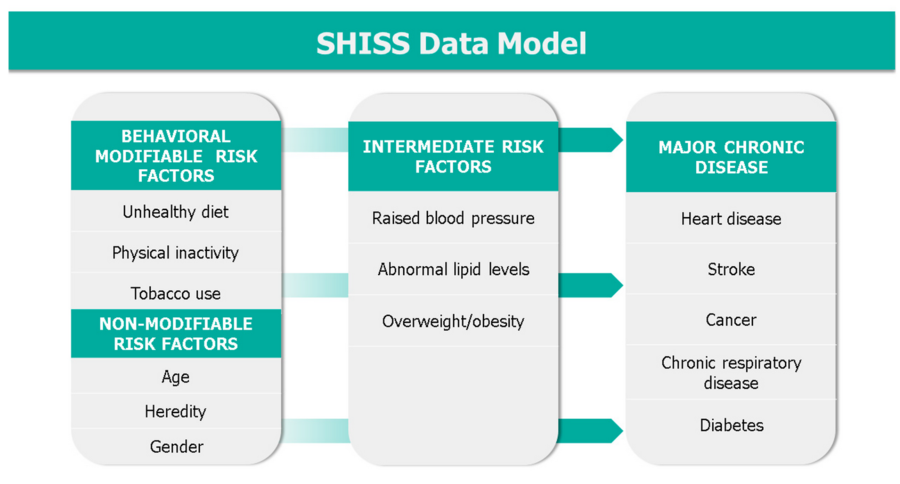A study of data from a public health surveillance program conducted by researchers from Saudi Arabia reveals an increase in health risk factors
DUBAI, UAE, May 27, 2021 /24-7PressRelease/ — The COVID-19 pandemic and the response to contain it placed several restrictions on healthcare services and our daily activities. Such disruptions can affect public health. In a recent study, researchers from the Sharik Association for Health Research, Saudi Arabia, have used results from a nationwide public health surveillance program to assess the health of the population. Their survey showed that there was an increase in risk factors for chronic noncommunicable diseases.
The global response to the COVID-19 pandemic was nearly unanimous, with many nations prioritizing the treatment of COVID-19 and implementing social distancing measures. However, these measures have had unintended consequences on public health. The singular focus given to the treatment of COVID-19 limited the ability of healthcare services to treat other medical conditions. Furthermore, studies have reported that the lockdown measures lowered physical activity levels and brought about changes in people’s diet and habits.
These disruptions in healthcare services and lifestyles can affect risk factors for chronic and noncommunicable diseases in individuals. In this regard, a group of researchers from the Chronic disease research group at the Sharik Association for Health Research, Saudi Arabia and other institutions have set out to examine the impact the responses to COVID-19 had on long term public health. “We wanted to investigate the consequences of COVID-19 responses on risk factor development, screening, treatment and management of noncommunicable diseases on the population health and bring to light the unintended consequences of the measures taken by countries to contain the pandemic,” explains Dr. Nasser BinDhim, from the Sharik Association for Health Research and Principal Investigator of the study. Their findings have been published recently in the International Journal of Environmental Research and Public Health.
The researchers utilized preexisting health data collected by the nationwide Sharik Health Indicators Surveillance System (SHISS). This health surveillance system was initiated in 2020 to assess and monitor public health in Saudi Arabia. As part of the data collection process, a total of 30,134 participants, of whom 51.2% were female, were interviewed over the phone quarterly. The median age of the participants was 35.6 years and they were asked about their health conditions (intermediate risk factors and presence of noncommunicable chronic disease), dietary choices (fruit and vegetable consumption) and behavior (use of tobacco and physical activity levels). Based on the responses, the researchers were able to map out the prevalence of risk factors and chronic diseases throughout 2020.
The responses indicated significant changes in risk factors and the presence of chronic diseases after the first quarter of 2020. Following the lockdown period, the researchers noted lower levels of fruit and vegetable consumption and physical activity. They also observed an increase in e-cigarette use, hypercholesterolemia, hypertension and noncommunicable chronic diseases such as heart disease and diabetes.
The survey showed that the limitations placed to contain the pandemic increased health risk factors for chronic noncommunicable diseases. In light of the results from the survey, Ms. Nora A Althumiri suggests an alternative approach to handle the pandemic, “The results highlight the need for balance between managing the COVID-19 pandemic and population health in terms of the need to resume public health activities to prevent chronic diseases and their risk factors and monitor public health indicators regularly to avoid the second-order consequences of focusing on the pandemic only.”
The findings also indicate the importance of health surveillance programs. Programs such as the SHISS are a key component to assess and monitor public health and gives researchers important information to formulate public health policies. Stressing its importance, Ms Mada Basyouni one of the researchers says, “The continuous monitoring of the population’s health risk factors, and early intervention, are recommended in order to prevent future increases in chronic diseases.”
—
For the original version of this press release, please visit 24-7PressRelease.com here





